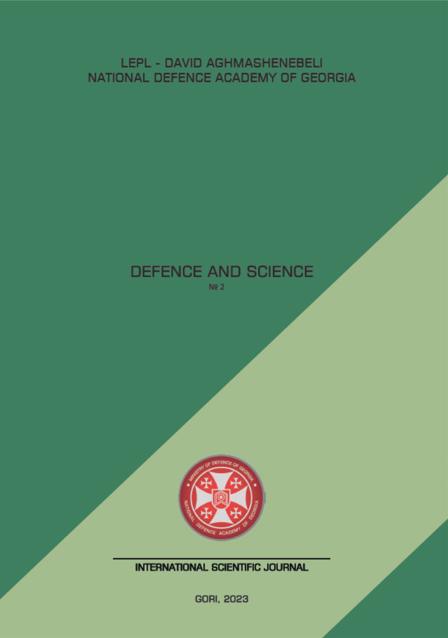Using Linear Regression in the Context of Military Power Enhancement
DOI:
https://doi.org/10.61446/ds.2.2023.7408საკვანძო სიტყვები:
Linear regression, military power, defense expenditure, military personnelანოტაცია
The article explores the application of linear regression in the context of military power enhancement. Linear regression analysis is employed to identify the key factors that contribute to military strength, such as defense expenditure and military personnel levels. The study utilizes data from 31 NATO member and partner countries and employs open-source data for analysis. The research aims to determine the impact of various independent variables on the dependent variable, the Military Strength Ranking for 2022, and identify which variables can be adjusted to achieve greater military power. The study's hypotheses are tested to establish the significance of each variable. The results indicate that defense expenditure and military personnel are statistically significant factors influencing military power. A higher defense budget and greater military personnel correlate positively with a higher Military Strength Ranking. However, the study acknowledges the challenge of balancing defense spending with civilian priorities, known as the "guns versus butter" dilemma. The importance of efficiently allocating defense funds to maximize military capability is emphasized, as history has shown that mere financial resources do not guarantee security. The study recommends increasing the share of military personnel, reducing administrative costs and optimizing structural units, particularly in supply and administration areas and the civil office's structural units, to enhance military capability within existing defense budgets. Additionally, the role of reserve forces is highlighted as a valuable resource for augmenting combat capabilities. The article underscores the need to strike a proper balance between active and reserve components of military capability.










